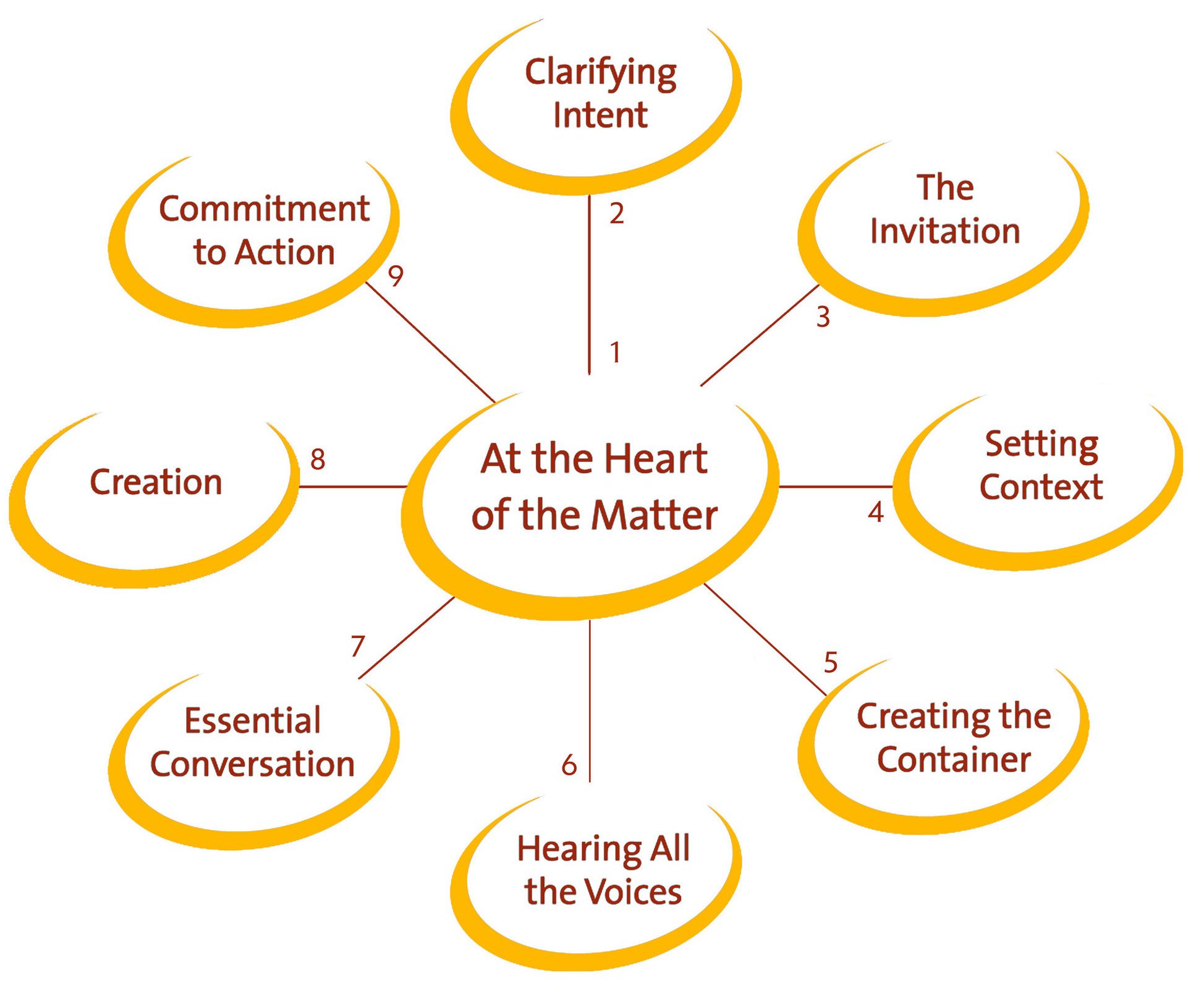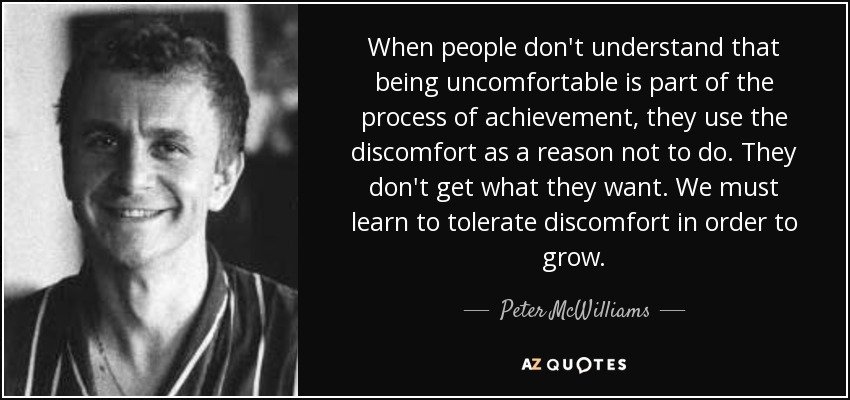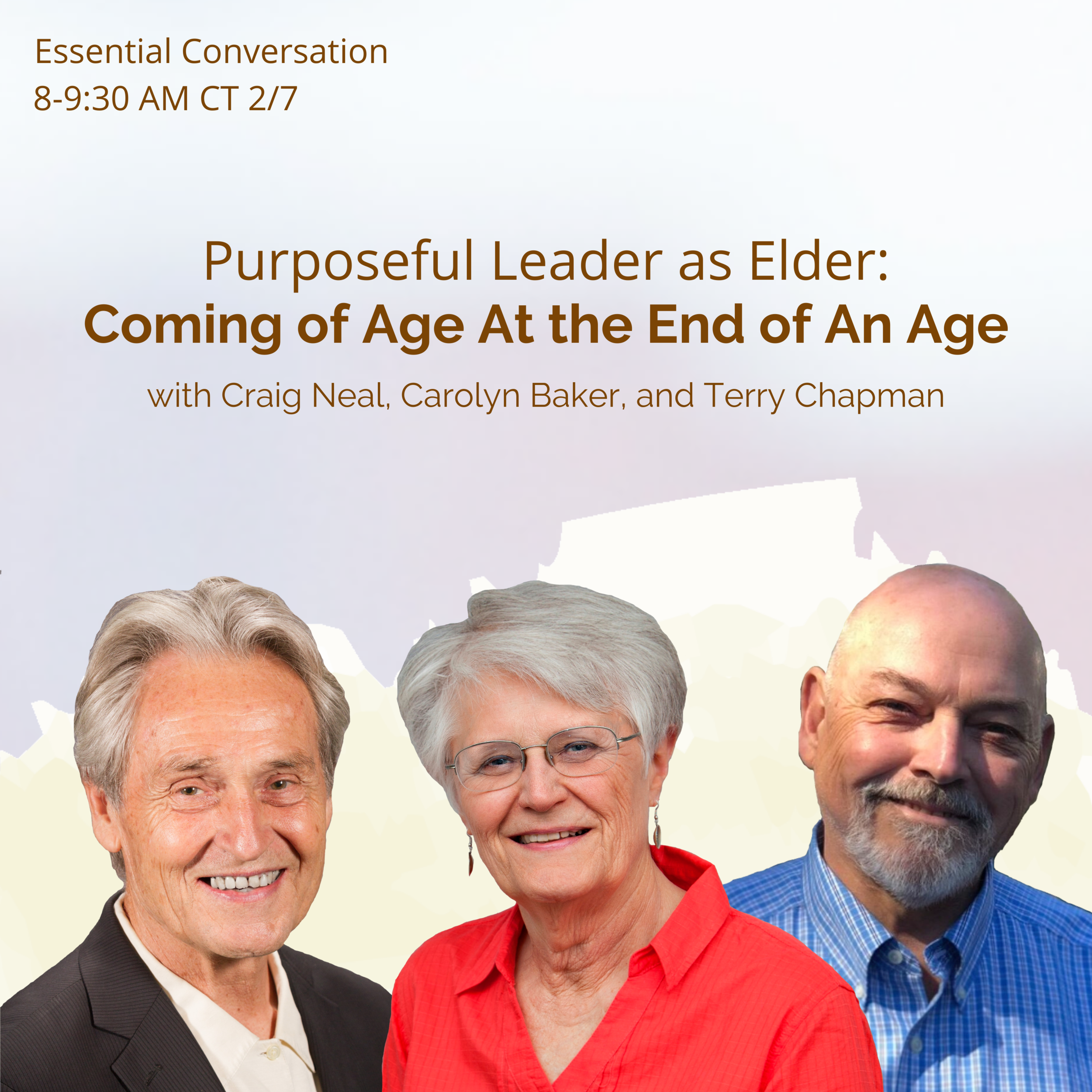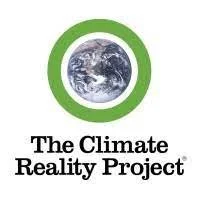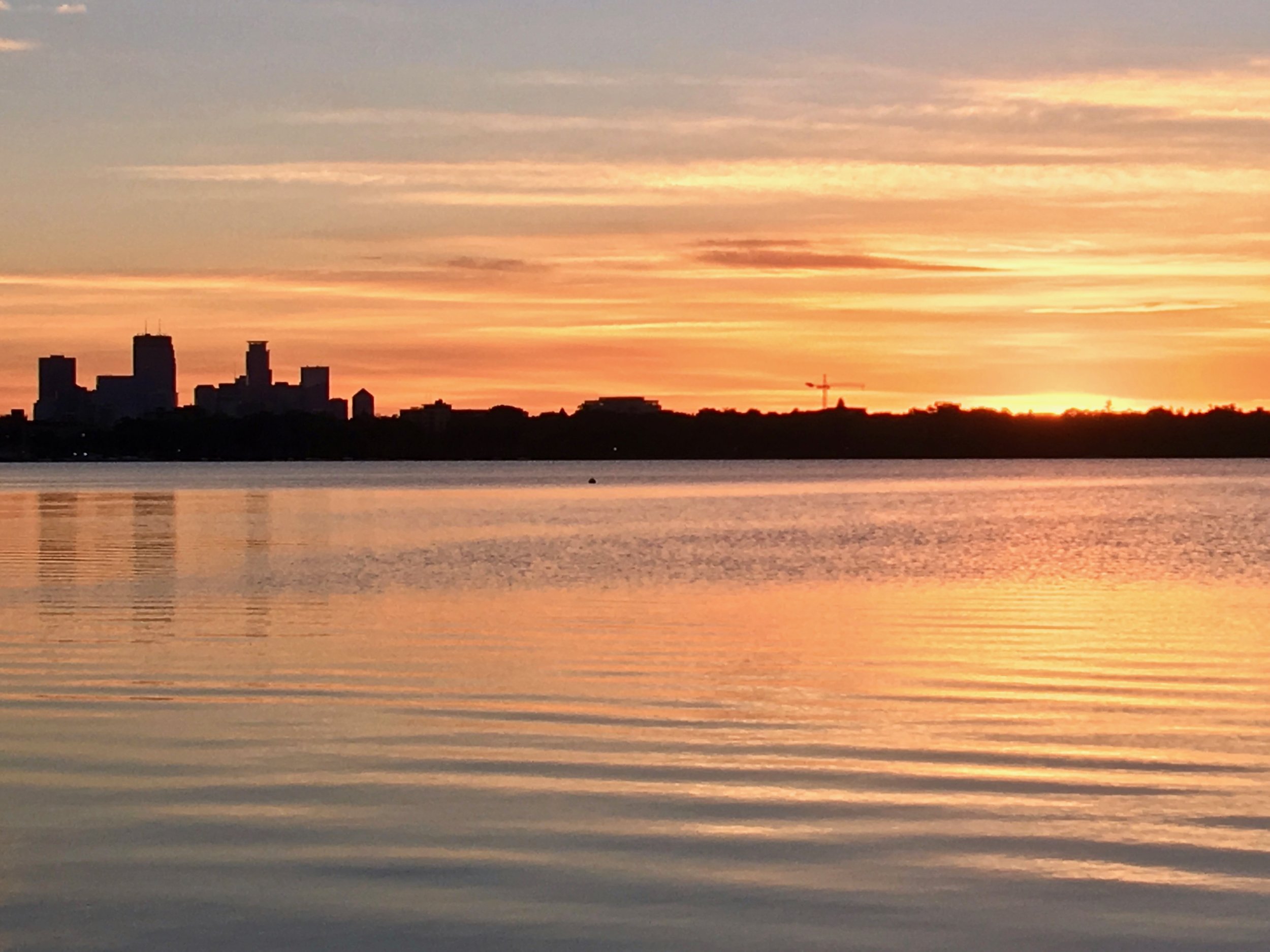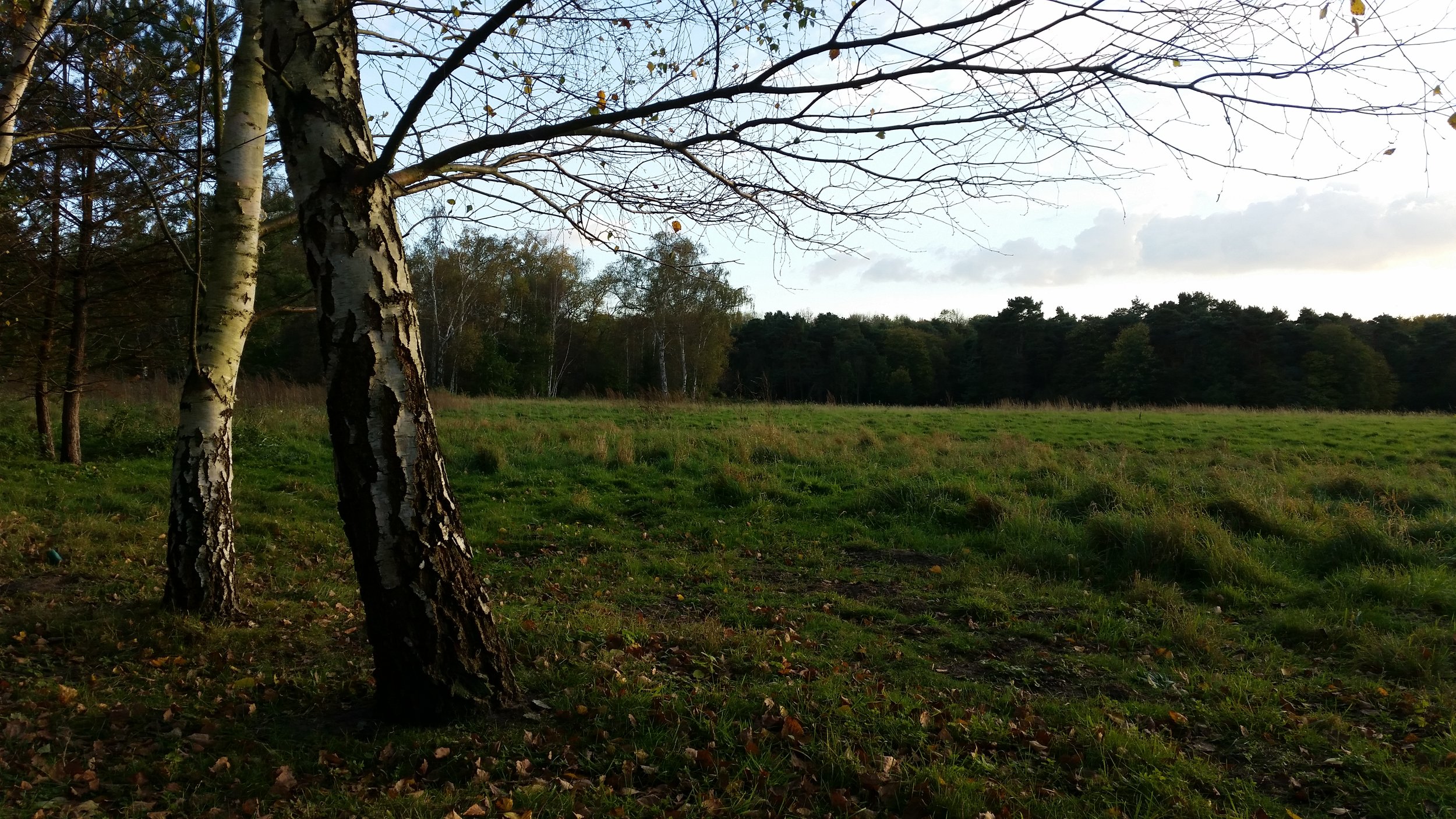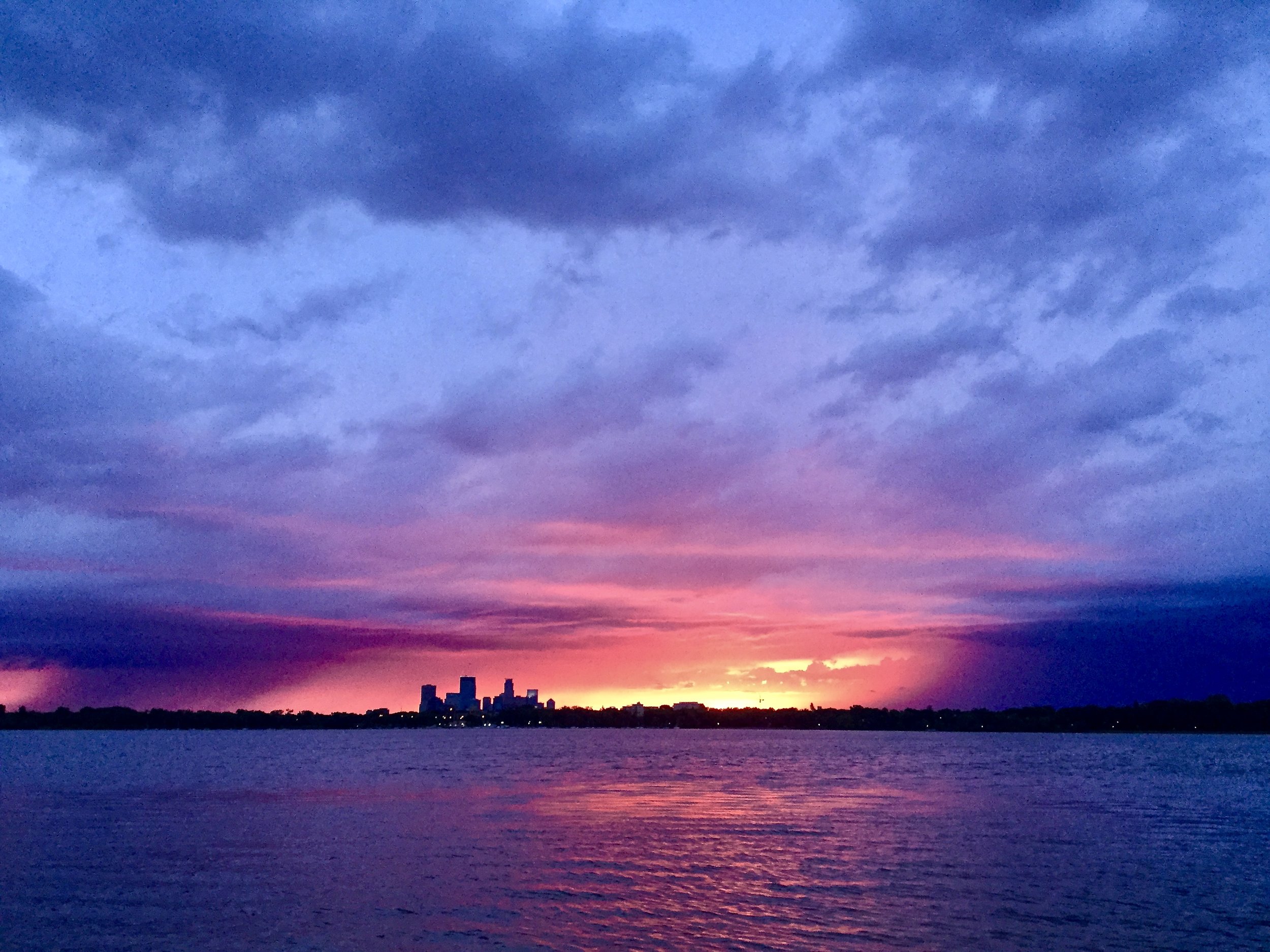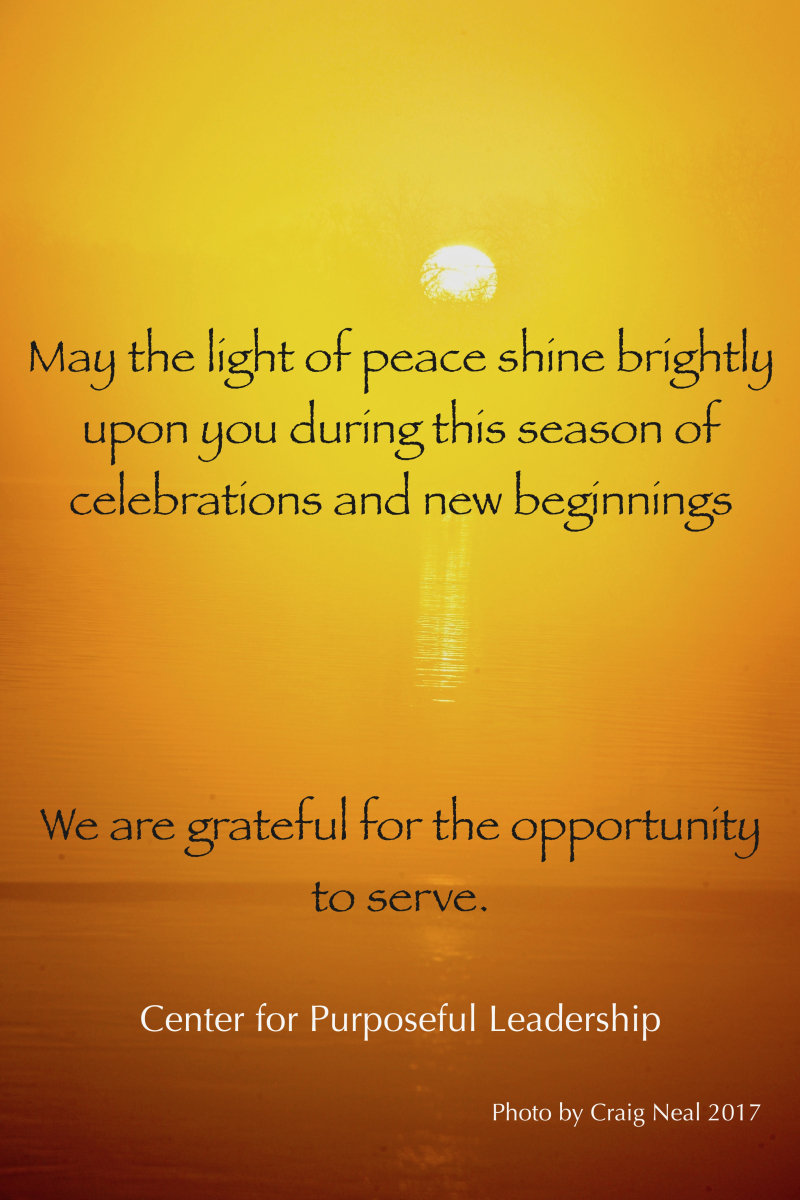Friends
Paul Hawken is one of the true elders speaking clearly and passionately to what is before us as an interconnected & interdependent planet. I have know him since the 60's and marvel at his growth and maturity into the kind of leader we are yearning for.
Craig
Commencement Address to the Class of 2009
University of Portland, May 3rd, 2009
When I was invited to give this speech, I was asked if I could give a simple short talk that was “direct, naked, taut, honest, passionate, lean, shivering, startling, and graceful.” Boy, no pressure there.
But let’s begin with the startling part. Hey, Class of 2009: you are going to have to figure out what it means to be a human being on earth at a time when every living system is declining, and the rate of decline is accelerating. Kind of a mind-boggling situation – but not onepeer-reviewed paper published in the last thirty years can refute that statement.
Basically, the earth needs a new operating system, you are the programmers, and we need it within a few decades.
This planet came with a set of operating instructions, but we seem to have misplaced them. Important rules like don’t poison the water, soil, or air, and don’t let the earth get overcrowded, and don’t touch the thermostat have been broken. Buckminster Fuller said that spaceship earth was so ingeniously designed that no one has a clue that we are on one, flying through the universe at a million miles per hour, with no need for seatbelts, lots of room in coach, and really good food – but all that is changing.
There is invisible writing on the back of the diploma you will receive, and in case you didn’t bring lemon juice to decode it, I can tell you what it says: YOU ARE BRILLIANT, AND THE EARTH IS HIRING. The earth couldn’t afford to send any recruiters or limos to your school. It sent you rain, sunsets, ripe cherries, night blooming jasmine, and that unbelievably cute person you are dating. Take the hint. And here’s the deal: Forget that this task of planet-saving is not possible in the time required. Don’t be put off by people who know what is not possible. Do what needs to be done, and check to see if it was impossible only after you are done.
When asked if I am pessimistic or optimistic about the future, my answer is always the same: If you look at the science about what is happening on earth and aren’t pessimistic, you don’t understand data. But if you meet the people who are working to restore this earth and the lives of the poor, and you aren’t optimistic, you haven’t got a pulse. What I see everywhere in the world are ordinary people willing to confront despair, power, and incalculable odds in order to restore some semblance of grace, justice, and beauty to this world. The poet Adrienne Rich wrote, "So much has been destroyed I have cast my lot with those who, age after age, perversely, with no extraordinary power, reconstitute the world." There could be no better description. Humanity is coalescing. It is reconstituting the world, and the action is taking place in schoolrooms, farms, jungles, villages, campuses, companies, refuge camps, deserts, fisheries, and slums.
You join a multitude of caring people. No one knows how many groups and organizations are working on the most salient issues of our day: climate change, poverty, deforestation, peace, water, hunger, conservation, human rights, and more. This is the largest movement the world has ever seen.
Rather than control, it seeks connection. Rather than dominance, it strives to disperse concentrations of power. Like Mercy Corps, it works behind the scenes and gets the job done. Large as it is, no one knows the true size of this movement. It provides hope, support, and meaning to billions of people in the world. Its clout resides in idea, not in force. It is made up of teachers, children, peasants, businesspeople, rappers, organic farmers, nuns, artists, government workers, fisherfolk, engineers, students, incorrigible writers, weeping Muslims, concerned mothers, poets, doctors without borders, grieving Christians, street musicians, the President of the United States of America, and as the writer David James Duncan would say, the Creator, the One who loves us all in such a huge way.
There is a rabbinical teaching that says if the world is ending and the Messiah arrives, first plant a tree, and then see if the story is true. Inspiration is not garnered from the litanies of what may befall us; it resides in humanity’s willingness to restore, redress, reform, rebuild, recover, reimagine, and reconsider. "One day you finally knew what you had to do, and began, though the voices around you kept shouting their bad advice," is Mary Oliver’s description of moving away from the profane toward a deep sense of connectedness to the living world.
Millions of people are working on behalf of strangers, even if the evening news is usually about the death of strangers. This kindness of strangers has religious, even mythic origins, and very specific eighteenth-century roots. Abolitionists were the first people to create a national and global movement to defend the rights of those they did not know. Until that time, no group had filed a grievance except on behalf of itself. The founders of this movement were largely unknown – Granville Clark, Thomas Clarkson, Josiah Wedgwood – and their goal was ridiculous on the face of it: at that time three out of four people in the world were enslaved. Enslaving each other was what human beings had done for ages. And the abolitionist movement was greeted with incredulity. Conservative spokesmen ridiculed the abolitionists as liberals, progressives, do-gooders, meddlers, and activists. They were told they would ruin the economy and drive England into poverty. But for the first time in history a group of people organized themselves to help people they would never know, from whom they would never receive direct or indirect benefit. And today tens of millions of people do this every day. It is called the world of non-profits, civil society, schools, social entrepreneurship, and non-governmental organizations, of companies who place social and environmental justice at the top of their strategic goals. The scope and scale of this effort is unparalleled inhistory.


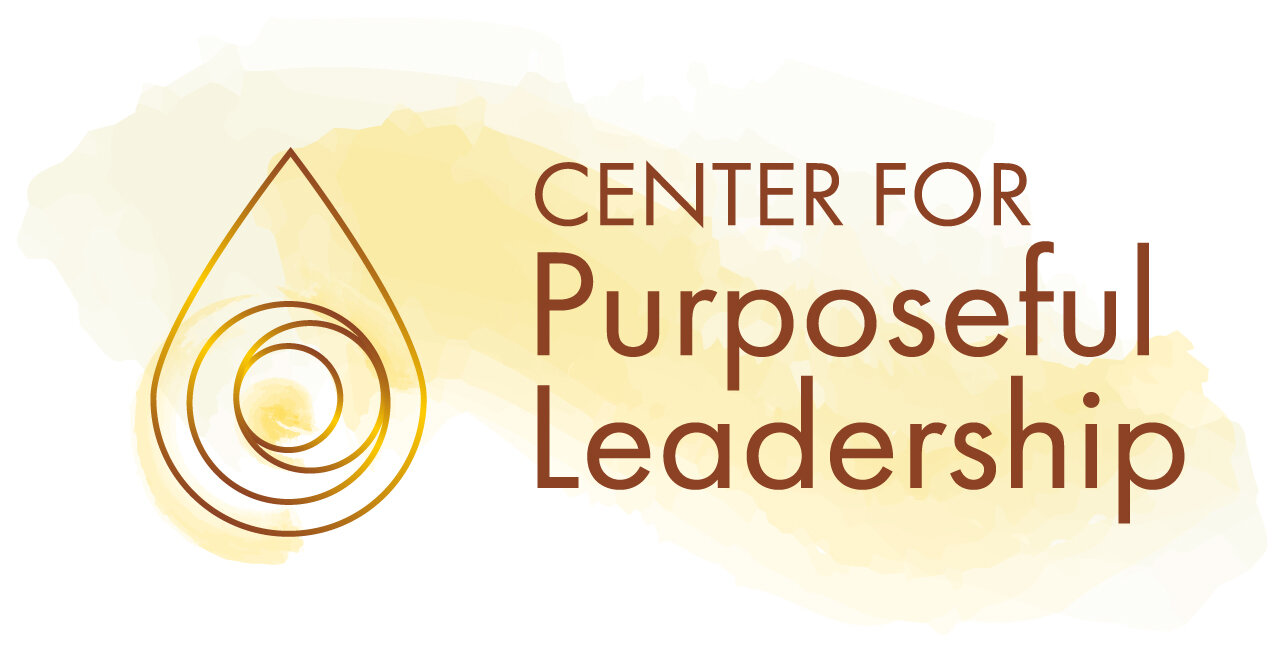
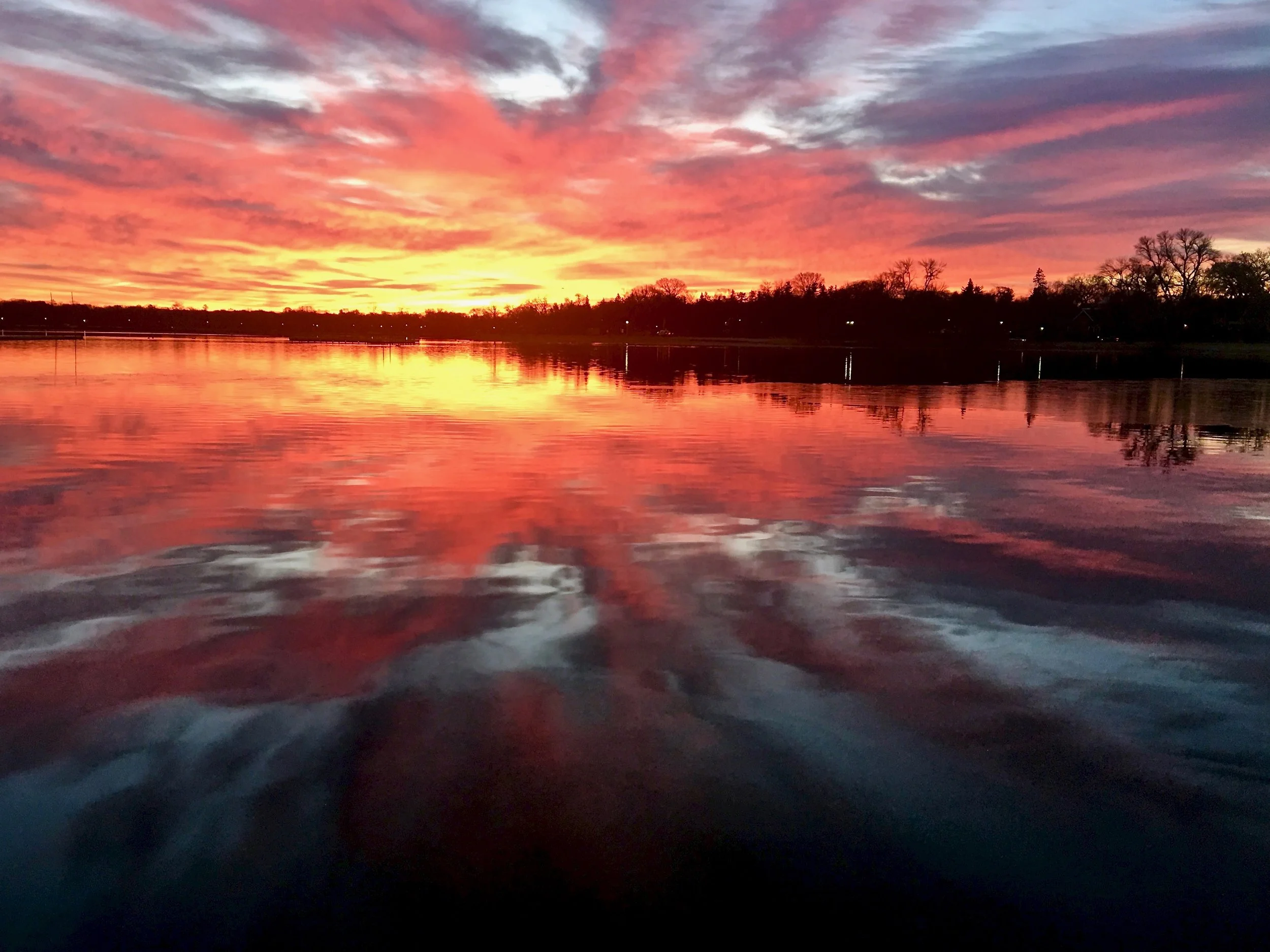











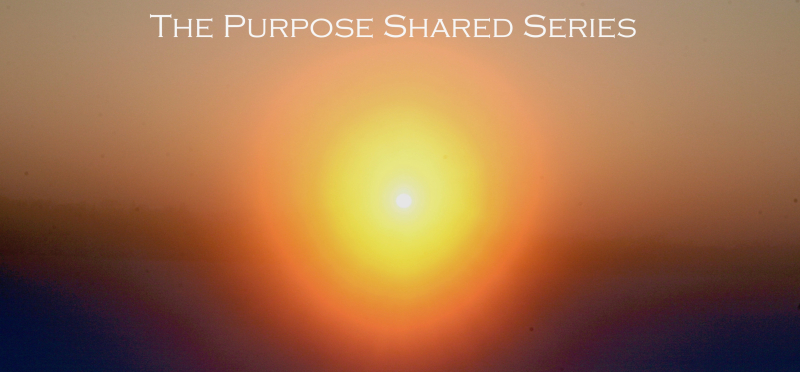
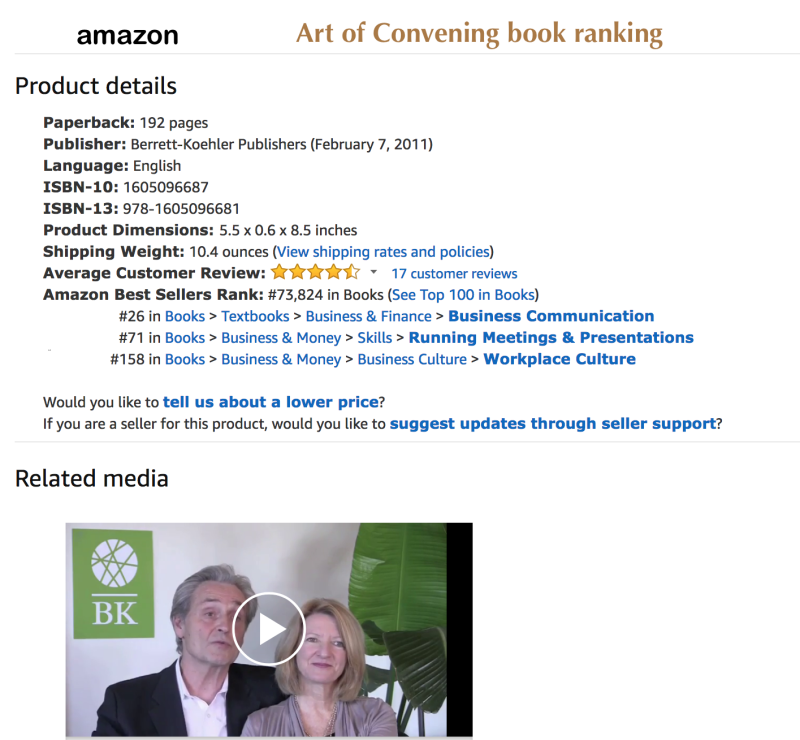















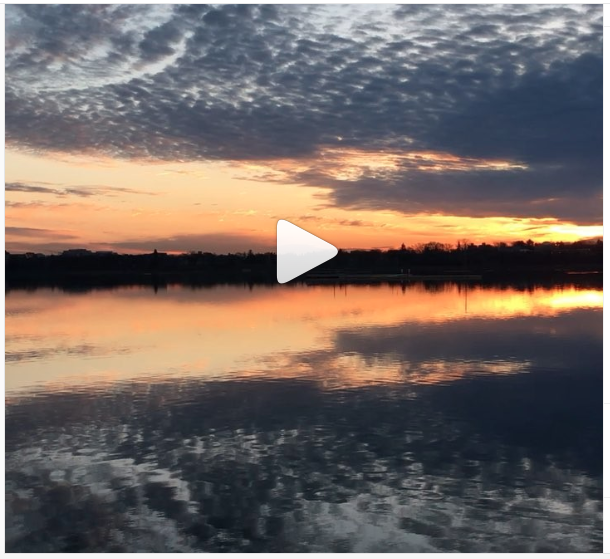



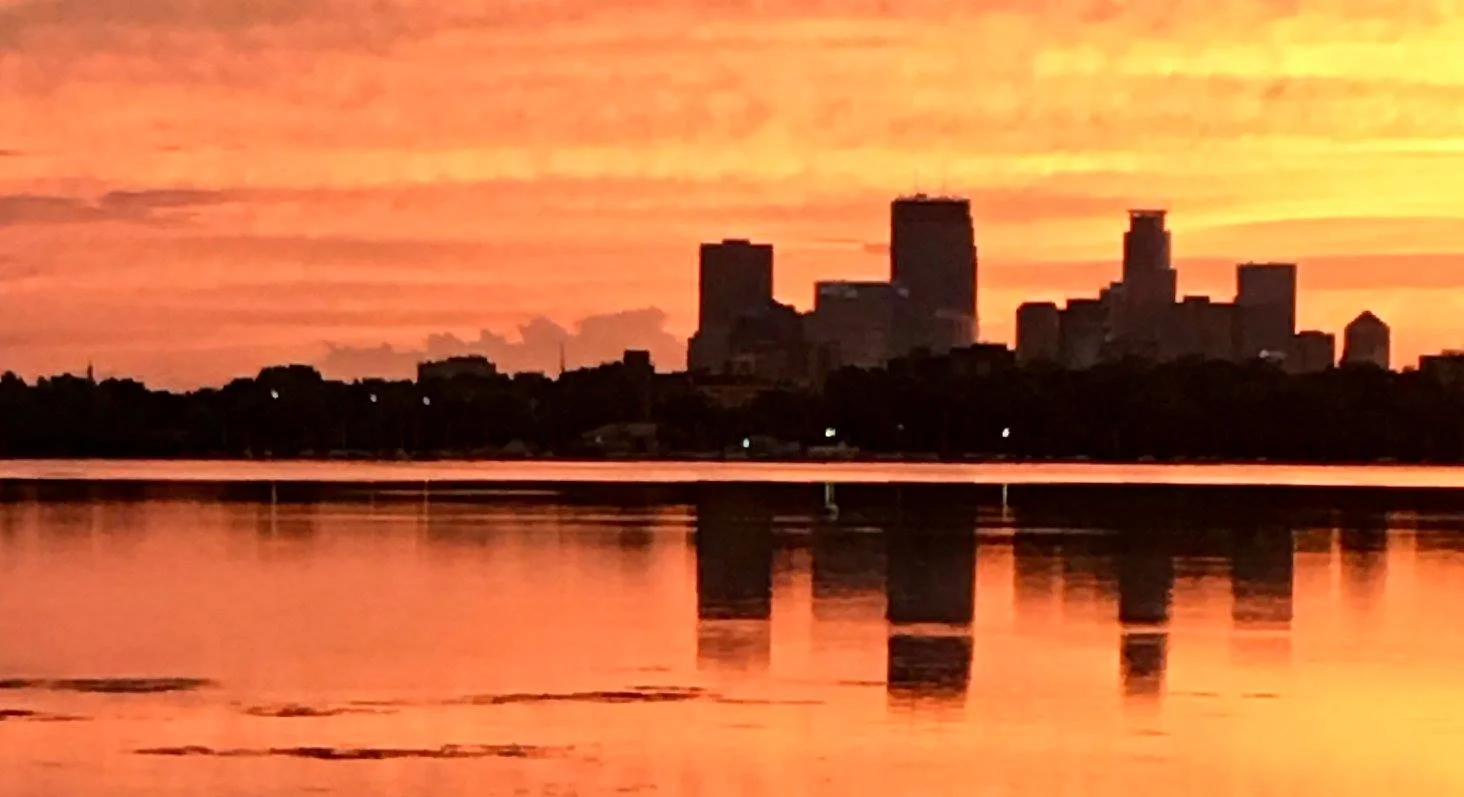





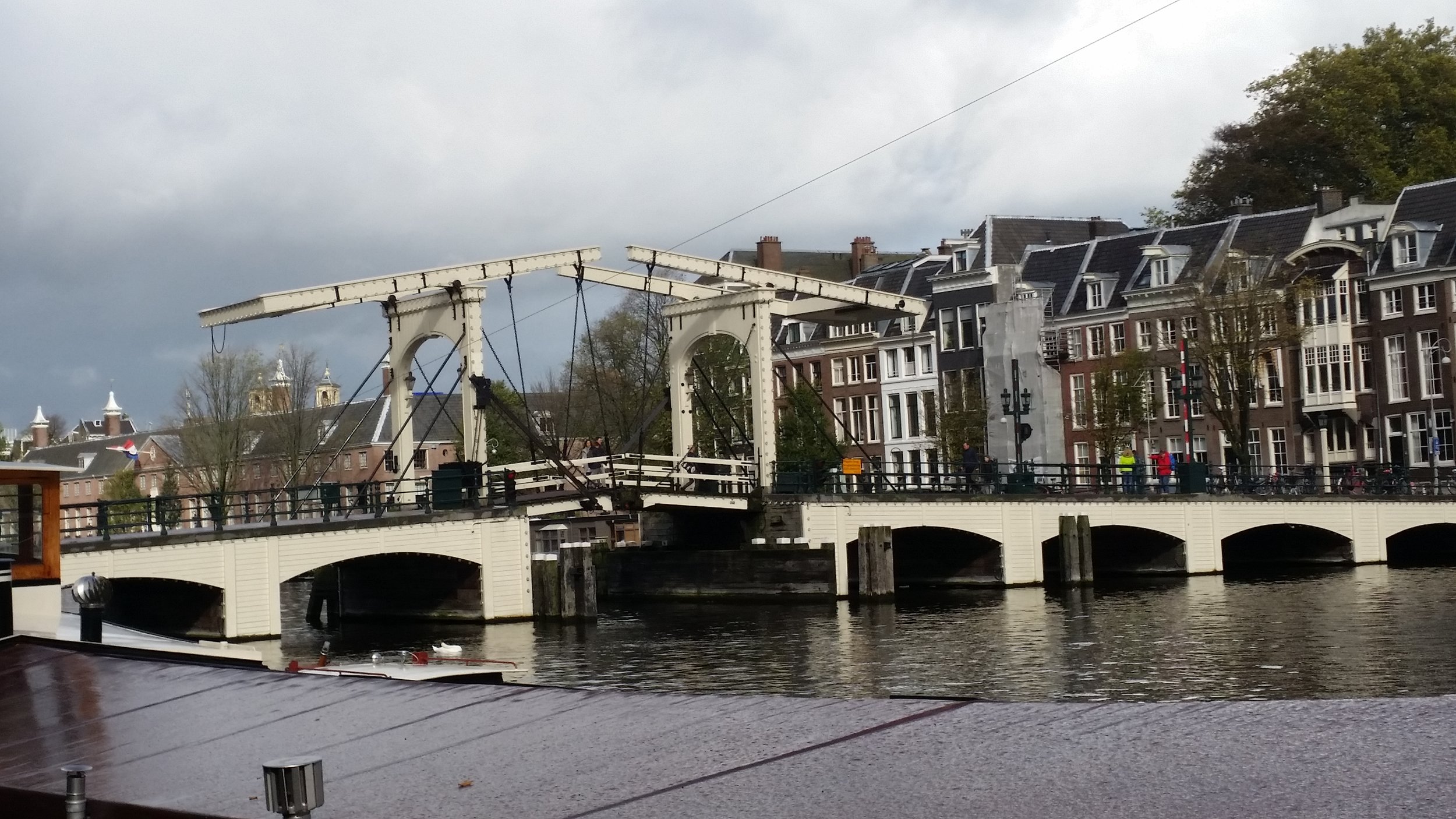







![[Hearth] Voices from Ukraine: Part 2](https://images.squarespace-cdn.com/content/v1/58a4e3be9de4bb98b066fd6f/1647955546471-VUGA4FCGFEUYJ29TEQVA/sunforest-mix-sunflower-types-1586794598.jpeg)

